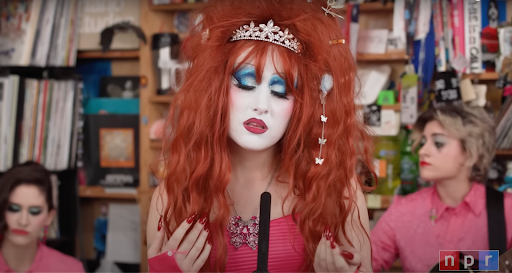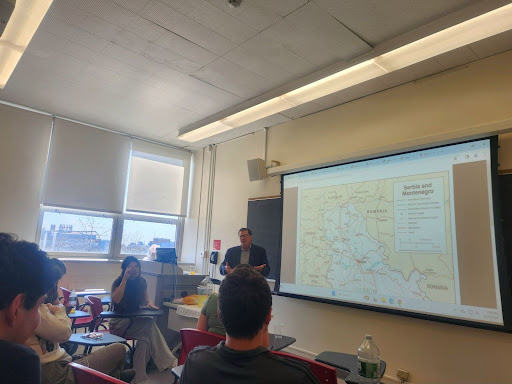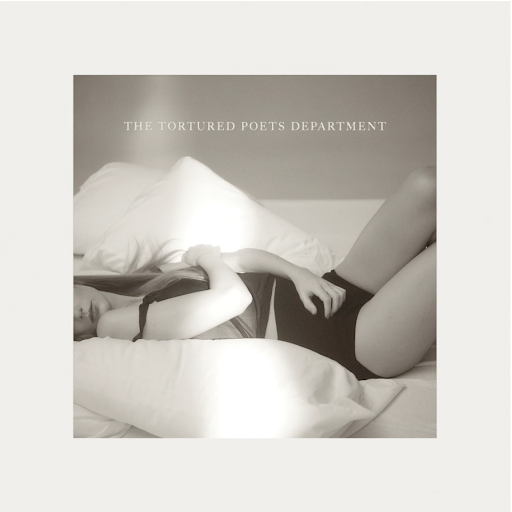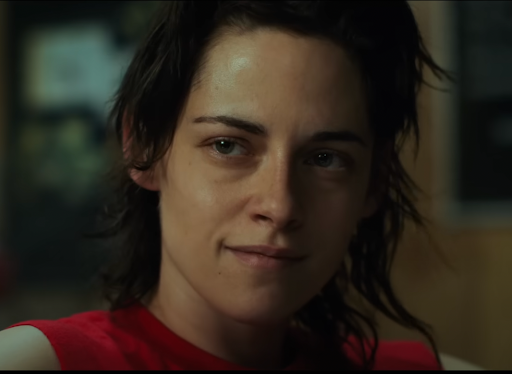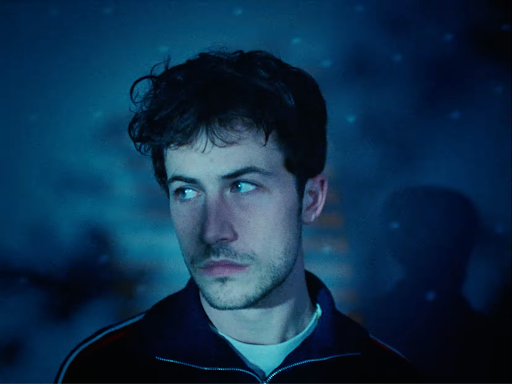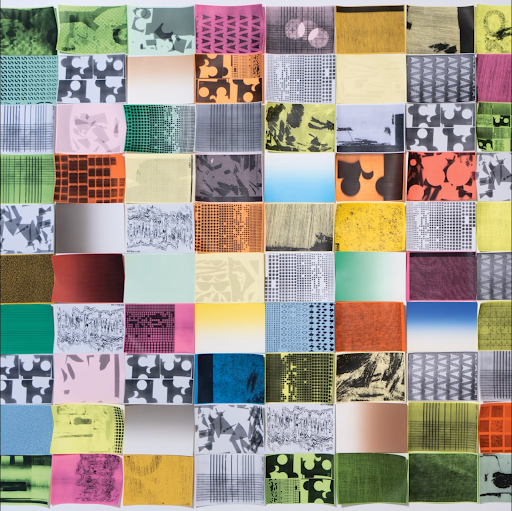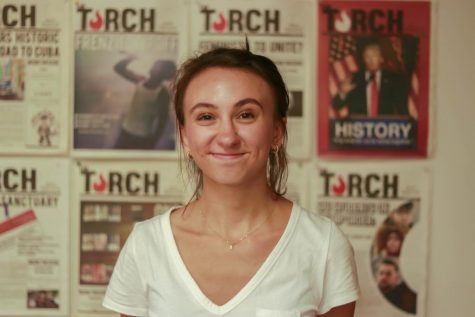Jean Paul Civeyrac’s “A Paris Education” is a film full of film references. To the average viewer, including myself, many of the references and arguments over the quality of a filmmaker’s body of work was lost for lack of recognition. However underneath it all, there is a universal message found that all can relate to: friendship, love, the pursuit of artistic happiness and the realization that dreams aren’t all they’re cracked up to be.
The film follows Etienne (Andranic Manet) from his home and steady girlfriend in the provinces of Lyon, France to a Parisian film school. It is there that he meets Jean-Noel and Mathias, two other students, and create the trio that the majority of the film follows. Jean-Noel is a universally liked, cheerful and helpful student while Mathias is either scorned or revered by the students for his pretentious, cocky attitude regarding what really can be considered art and film. We follow Etienne as he navigates creating his short film, romance and friendship problems, and the overwhelming feeling of self-doubt in pursuing a career in art.
Stylistically, the film is shot in black and white, a choice that strips away Paris’s colorful landscape into a more human environment (the same effect found in 1995’s “La Haine”), one that is only shaped by the people within it. The camera tracks long arguments over cigarettes and drinks about the place of art within activism, right and left politics, the definitions of cheating, and the qualifications of “real” art and art that functions to satisfy others. These moments of pure youth and the collegiate experience make up the film’s two-hour twenty minute, sometimes too long and too slow, run time.
While watching, it was hard not to compare the film to 2012’s “Frances Ha.” Similar to “A Paris Education,” “Frances Ha” followed Greta Gerwig’s character post-college in a black-and-white New York where she tried to make it in the dance world, despite her lack of natural talent, while simultaneously balancing friendship problems. Here is the same theme found woven into “A Paris Education”’s long dialogues.
Sometimes dreams aren’t what we originally planned they will be. And we see that at the end, when we learn of the places the three young men find themselves in, all in places different than what they first imagined. It is possible to love the same concept, in this case film, but discover that some are best helping others to create, or creating but not enough to succeed, or despite talking about it passionately, failing to meet your own expectations and ultimately failing. In between the two points are endless moments of self-doubt, frustration, and despair.
However, the main difference between these two films is the likeability of the characters. While the film does acknowledge the pretentiousness of Mathias and Etienne’s ways of thinking about art, it is easy to be put off by their monologues on the state of film and their complete disregard for others such as Jean-Noel, another student passionate about action films, and Etienne’s girlfriend back-home, Lucie. As an audience member that believes sometimes that films are as good as we make them, it is off-putting to hear such lofty, pretentious views on art today. Maybe the ending of Mathias’ storyline offers an insight into that way of thinking, but it is up to the audience to decide.
Despite their disagreeableness, it is the relatively unknown cast’s performances that ground the lofty themes within. We watch as they all struggle, mainly Etienne, to find their own voice in a world echoing with everyone else’s. The film episodic, chapter-like breakdowns of the different points of Etienne’s first-year is one of the stylistic highlights of the film, one that harkens back to the New Wave French films they spend so much time praising. While the film’s universal theme is a commendable one, I feel that this film might be a film made for a specific audience, and unfortunately tied down by those not privy to references and the same views on art.







